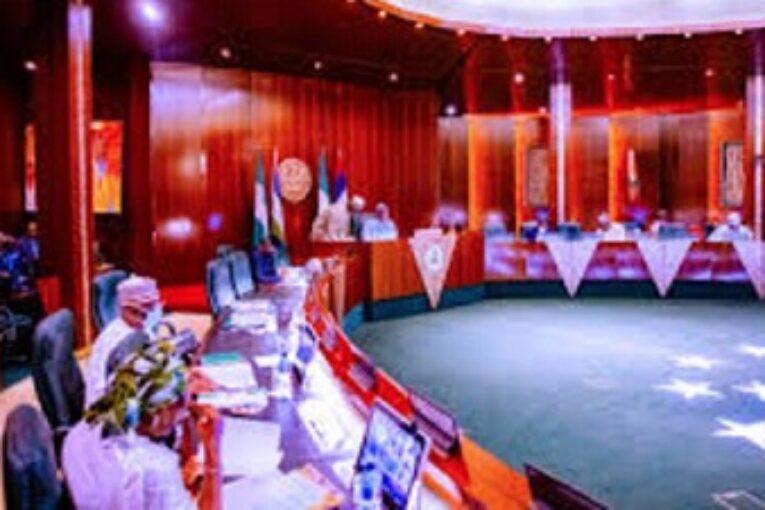
The Federal Executive Council (FEC) on Thursday approved ₦145 billion for electrification projects in eight federal universities and one teaching hospital.
The Council also approved the sum of ₦68.7 billion for solar power for some rural communities and agricultural clusters that remain off-grid.
The two strategic electrification projects are targeted at expanding access to clean, renewable energy across Nigeria’s educational and rural agricultural sectors, in line with the Tinubu administration’s Renewed Hope Agenda.
Minister of Power, Chief Adebayo Adelabu, speaking shortly after the FEC meeting, said the approved projects are part of a deliberate shift toward sustainable energy delivery, aimed at reducing dependence on the national grid while promoting development, innovation, and inclusivity.
Giving the breakdown of the projects, the Minister said the first major approval is for the Engineering, Procurement, and Construction (EPC) of solar hybrid power systems under the Energizing Education Programme (EEP), to be executed by the Rural Electrification Agency (REA).
This initiative targets eight federal universities and one teaching hospital and is funded through the Special Intervention Window of the Renewed Hope Infrastructure Development Fund.
According to Adelabu, the total cost of this component is ₦145 billion, which is inclusive of 7.5% Value Added Tax (VAT). Implementation is scheduled for completion within 7 to 9 months.
“This is a major milestone in the transformation of our tertiary education infrastructure,” the Minister said.
“It will significantly lower energy costs, reduce reliance on diesel generators, and provide a clean, stable source of power to support learning, research, and healthcare delivery.”
The Minister disclosed that the beneficiary institutions under this new phase are:
University of Lagos (UNILAG), Ahmadu Bello University (ABU), Zaria, Obafemi Awolowo University (OAU), Ile-Ife, University of Nigeria, Nsukka (UNN), University of Ibadan (UI), University College Hospital (UCH), Ibadan, and Federal University, Wukari (Taraba State).
The Minister said the others are to be confirmed upon project kickoff.
This project builds on earlier World Bank-supported phases that delivered solar mini-grid systems to institutions such as the University of Abuja (3MW), UNN (12MW), University of Calabar (8MW), and the Nigerian Defence Academy (2.6MW).
The second approval covers the rollout of solar-powered infrastructure in Agricultural Centres of Excellence, also under the Renewed Hope Infrastructure Development Fund and implemented by the REA.
According to the Minister, this phase targets rural communities and agricultural clusters that remain off-grid.
With a total contract value of ₦68.7 billion, inclusive of VAT, this component is expected to be delivered within three months. It is designed to power homes, agro-processing units, cold storage systems, and small rural enterprises, boosting productivity and rural economies.
“The goal here is not just lighting homes, but energizing agriculture, creating jobs, and enabling value addition right in the communities,” Adelabu said.
Both interventions, the Minister stressed, reflect the Tinubu administration’s resolve to make access to reliable electricity a key driver of inclusive development.
He added that the projects will serve as models for scaling renewable energy adoption across other sectors, particularly education, health, and agriculture.
“These approvals reaffirm our commitment to bridging the energy access gap, ensuring no Nigerian is left behind as we transition toward a cleaner, more sustainable, and economically viable power sector,” Adelabu added.




